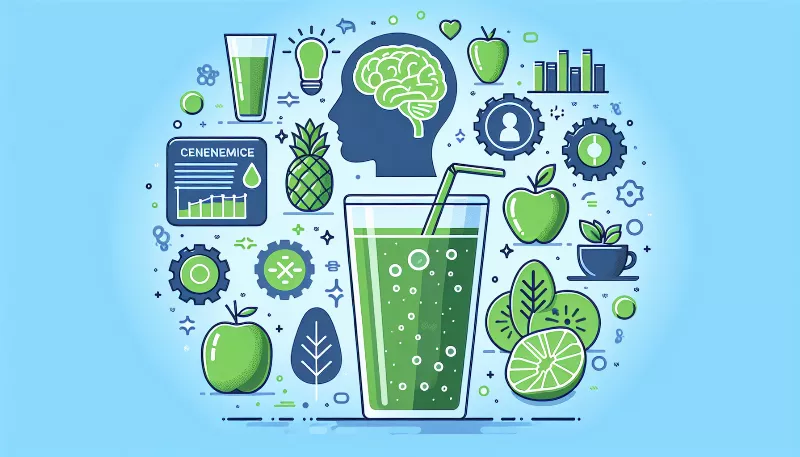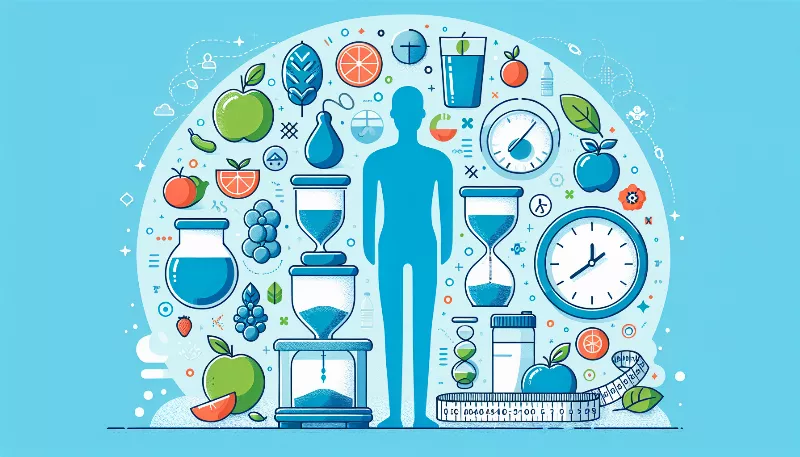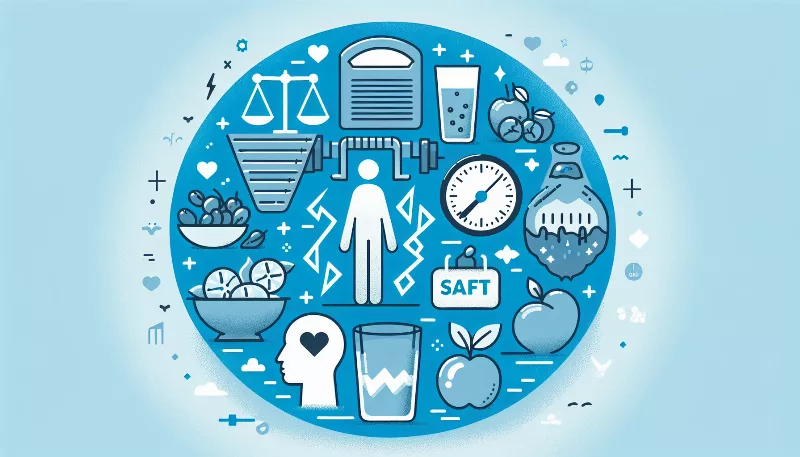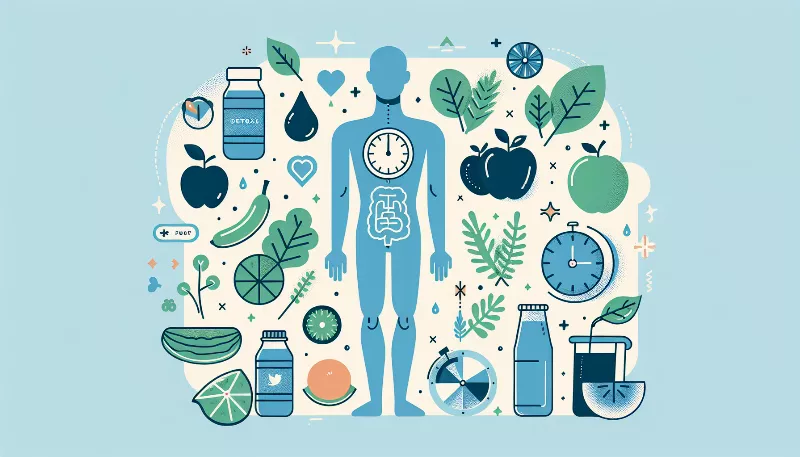Clearing the Confusion: What Science Says About Detox Fasting
Uncover the truth behind detox fasting with evidence-based insights. Learn what science really says about this health trend's benefits and risks.

Embarking on a Journey of Clarity: The Truth Behind Detox Fasting
Are you feeling bombarded by the countless claims of detox fasting miracles? You're not alone! In a world brimming with quick fixes and health fads, it's time to part the curtains of confusion and let the spotlight shine on what science really has to say about detox fasting. Let's embark on an enlightening journey, fueled by enthusiasm and a thirst for truth, as we explore the scientific landscape surrounding this popular health trend.
The Essence of Detox Fasting
Detox fasting, often simply referred to as 'detoxing,' is a practice that typically involves abstaining from certain foods, drinks, or both for a period of time. The goal? To purge the body of toxins and impurities, promising a reboot for your system. But what does science say about the need to detox in the first place? Our bodies are equipped with their own sophisticated detox systems—namely the liver, kidneys, and even the skin. These organs work tirelessly to filter out the unwanted substances we encounter daily.
Investigating the Claims
Proponents of detox fasting tout benefits ranging from weight loss to improved mental clarity. However, scientific scrutiny reveals a more nuanced picture. While short-term fasting can indeed lead to temporary weight loss, primarily through water loss and reduced calorie intake, the long-term effects on weight management are less clear. As for mental clarity, while some individuals report feeling more focused during a fast, comprehensive studies on this aspect are limited.
The Body's Natural Detoxification
It's crucial to recognize that our bodies are constantly in a state of self-cleaning. The liver metabolizes toxins, the kidneys filter blood to remove waste, and even our breath and sweat play a role in expelling unwanted substances. The question then arises: is there a need to intervene with fasting? Scientific evidence suggests that a well-balanced diet rich in fruits, vegetables, and whole grains supports these natural processes more effectively than periodic fasting.
Understanding the Risks
Before you jump on the detox fasting bandwagon, consider the potential risks. Fasting can lead to nutrient deficiencies, disrupt metabolic balance, and even cause psychological stress. It's essential to approach any form of fasting with caution and ideally under the guidance of a healthcare professional, especially for individuals with pre-existing health conditions.
Listening to Science
Science tells us that while the concept of detox fasting might be appealing, its purported benefits are not strongly supported by rigorous research. A balanced diet, regular exercise, and adequate hydration are the cornerstones of maintaining a healthy body and supporting its natural detoxification processes. So, rather than seeking a quick fix, let's celebrate and support our body's incredible ability to take care of itself!
Conclusion: Embracing a Balanced Approach
In conclusion, while detox fasting may seem like an attractive solution to cleanse our bodies, science encourages a more balanced and sustainable approach to health. By understanding the body's innate detoxification abilities and nourishing it with the right nutrients, we can achieve a state of well-being without resorting to extreme measures. Let's raise a glass (of water!) to our amazing bodies and their natural detox prowess!










